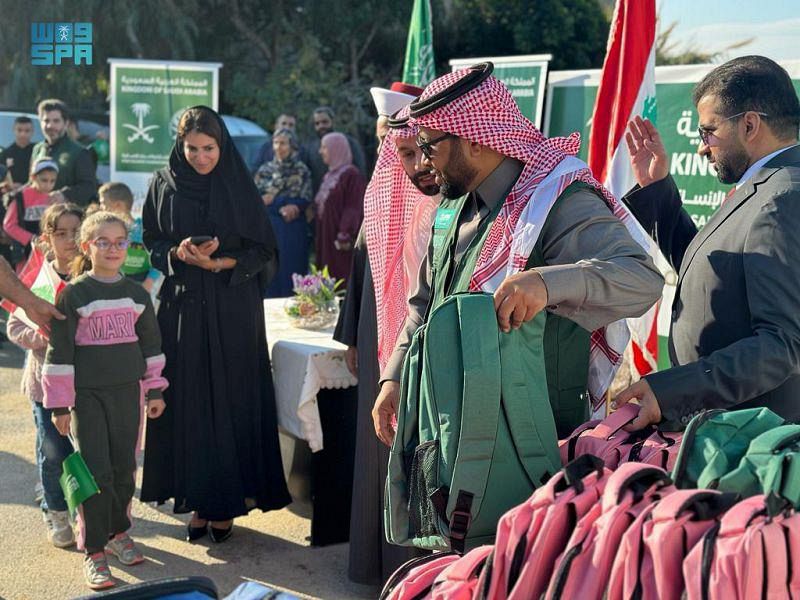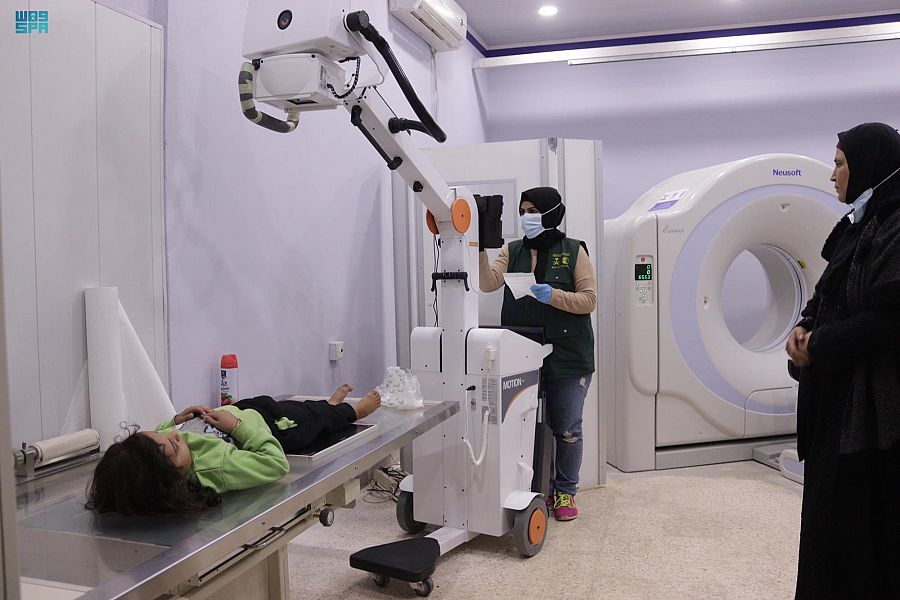
Lebanon’s caretaker Prime Minister Najib Mikati, called on the international community to cooperate with Lebanon in order to return the displaced Syrians to their country.
“I call on the international community to cooperate with Lebanon to return the displaced Syrians to their country. Otherwise, Lebanon will adopt an undesirable stance for western countries by working on removing Syrians from Lebanon by legal means,” Mikati said.
His remarks came during the launching of the 2022 Lebanon Crisis Response Plan (LCRP) which was attended by Lebanese Minister for Social Affairs Hector Hajjar and the UN Resident and Humanitarian Coordinator for Lebanon, Najat Rochdi.
The conference launched the 2022-2023 Lebanon Crisis Response Plan, which is co-led by the Lebanese government and the United Nations, to assist the 1.5 million Lebanese in need, 1.5 million displaced Syrians and more than 209,000 Palestinian refugees in the country.
“Our meeting takes place amid an unprecedented crisis facing Lebanon, which hosts a large proportion of displaced Syrians… This requires shedding light on its needs of financial and economic capabilities to revitalize all the sectors,” Mikati underlined.
He also stressed the importance to prioritize support for local administrations, facilities, infrastructure, resources and public services that are exhausted due to human pressure, in parallel with humanitarian support for the most vulnerable groups of displaced Syrians and Lebanese host communities.
“Over the past eleven years, Lebanon has endured an unbearable stressful burden, due to the presence of more than 1.7 million displaced Syrians and Palestinian refugees living throughout the country. We warmly and voluntarily welcomed the displaced Syrians. This is our humanitarian duty. Lebanon has shown the highest levels of hospitality for the displaced Syrians, despite the weakness and fragility of our host societies, which are increasingly in need,” the caretaker premier remarked.
He continued: “Our current situation is radically different from what it was in the past. We are now going through one of the most severe economic, financial, social and political crises in the world. As a result, about 85 percent of the Lebanese people now live below the poverty line.
“In addition, about a third of Lebanon’s population is now displaced and suffering from poverty as well, which means that 11 years after the start of the Syrian crisis, Lebanon no longer has the ability to bear all this burden, especially under the current circumstances.”
At the conference, the Lebanese government and its national and international partners appealed for USD 3.2 billion to deliver critical assistance to people in need and to support Lebanon’s public infrastructure, services and local economy.
“With the continuing impact of the Syria crisis and the current economic crisis in Lebanon pushing everyone to the brink, partners’ joint efforts to support refugees and the host community through the Lebanon Crisis Response Plan remain essential,” Rochdi said.
“Nine out of 10 Syrians in Lebanon are living in poverty, and the poverty levels have also risen substantially for Lebanese, migrants and Palestinians. These circumstances are driving negative coping mechanisms, as families are forced to send their children to work instead of school, skip meals or incur debt," she added.






